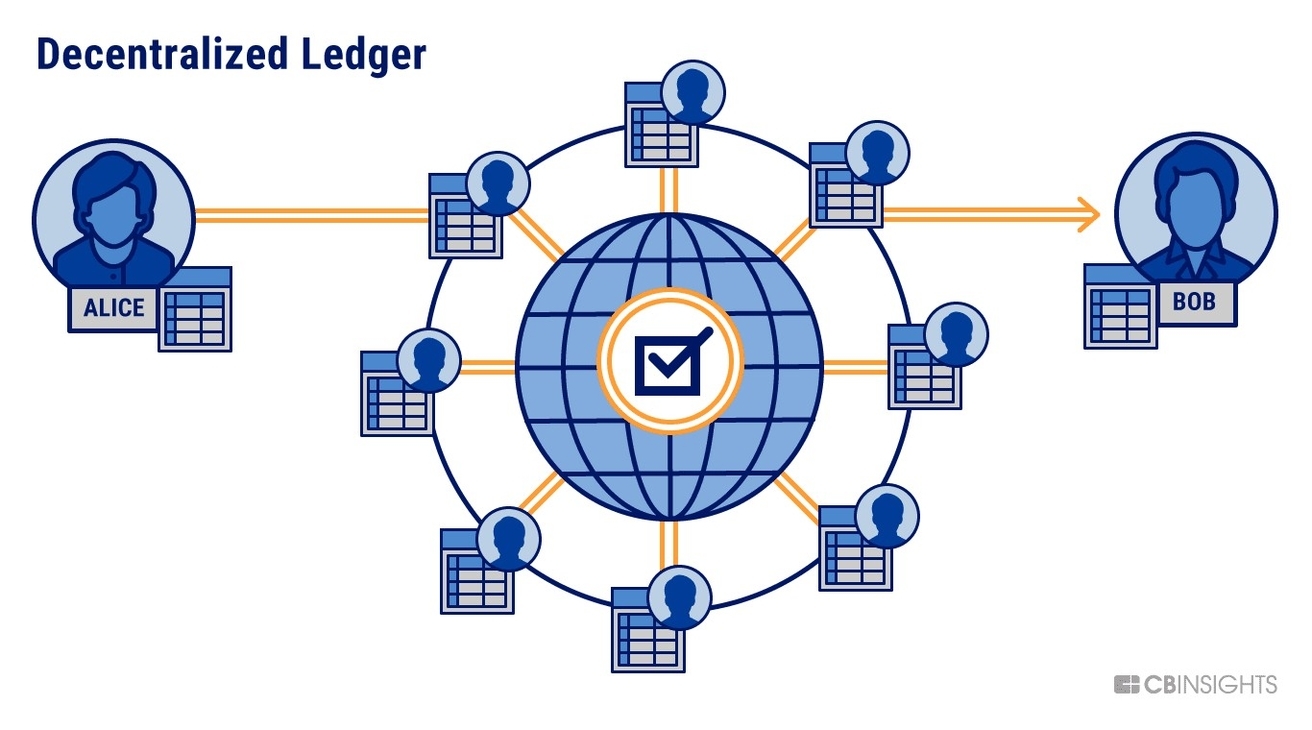
Decentralized Ledger Technology (DLT) is a digital system that allows simultaneous access, validation, and record updating across a networked database. It is the technological infrastructure and protocols that allow users to view any changes and who made them, reduces the need to audit data, ensures data is reliable, and only provides access to those that need it. DLT is the technology blockchains are created from. All blockchains are distributed ledgers, but not all distributed ledgers are blockchains.
Distributed ledgers are maintained by a network of nodes, each of which has a copy of the ledger, validates the information, and helps reach a consensus about its accuracy. They have been around for decades but have become more well-known, researched, used, and developed since Bitcoin was introduced. Distributed ledgers can be used in nearly every industry where data is collected and used.
DLTs allow information to be stored securely and accurately using cryptography. The data can be accessed using “keys” and cryptographic signatures. Once the information is stored, it can become an immutable database; the rules of the network, written into the coding of the database programming, govern the ledger.
DLT enhances accountability, security, and accessibility, but it is still complex, difficult to scale, and not subject to strong regulation.
DLT has the potential to revolutionize the way we store and share data. It can be used to create smart contracts, which are self-executing contracts with the terms of the agreement between buyer and seller being directly written into lines of code. DLT can also be used to create decentralized applications (dApps), which are applications that run on a decentralized network of computers rather than a single server.
DLT has the potential to transform industries such as finance, healthcare, and supply chain management. For example, DLT can be used to create a more secure and efficient healthcare system by allowing patients to control their own medical records and share them with healthcare providers.
In conclusion, Decentralized Ledger Technology is a digital system that allows simultaneous access, validation, and record updating across a networked database. It is the technology blockchains are created from. DLT enhances accountability, security, and accessibility, but it is still complex, difficult to scale, and not subject to strong regulation. DLT has the potential to revolutionize the way we store and share data and transform industries such as finance, healthcare, and supply chain management.
